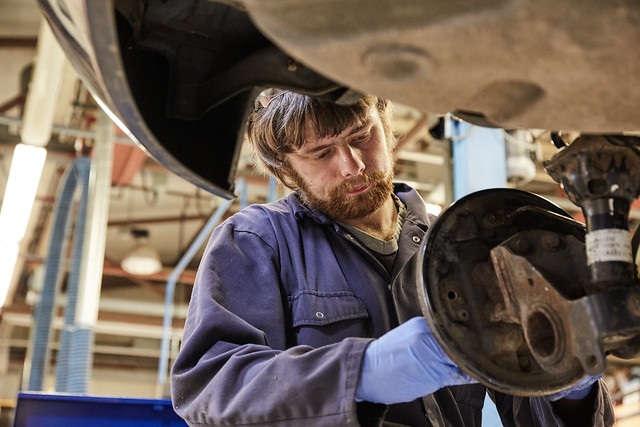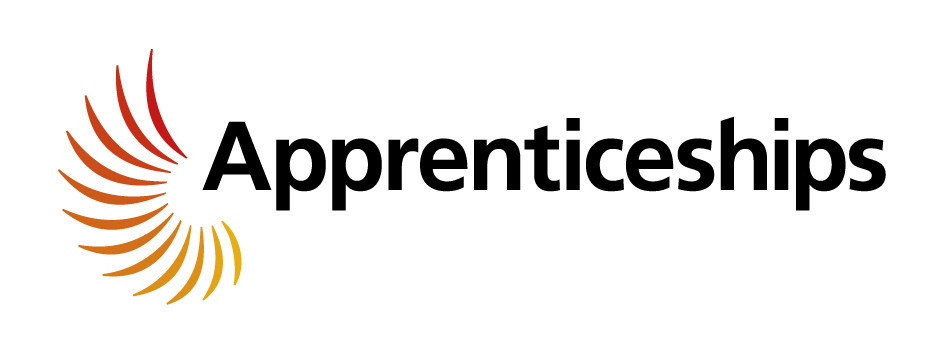Course Overview
A Light Vehicle technician services, inspects and repairs Light Vehicles and they work in either a dealership that focusses on a particular manufacturer, or for an independent garage, franchise or large fleet operator that deals with many different makes of vehicles. They work on all the systems found within the vehicle.The technician will work on all the systems found within the vehicle. The day-to-day work ranges from replacing simple parts through to solving complex faults with the use of diagnostic methods and equipment. The tasks faced are constantly changing, driven by the introduction of ever more complex technologies and diagnostic techniques.Today’s technician must demonstrate expertise in the technical side of their role. They must have strong problem-solving skills and a good grasp of the theoretical and practical aspects of vehicles systems and associated ancillaries. They must be able to work independently but also operate as an effective team.
What will I learn?
How to develop positive working relationships and communicate effectively and how to carry out self-evaluation and improve own performance;
The procedures for the maintenance of tools and the workshop;
Routine servicing and inspection procedures;
Steering and suspension geometries; electrical circuit requirements and calculations;
Construction and operation of vehicle components and systems;
Common fault types, causes and effects of different types of faults;
The implications and legal requirements of fitting accessories and carrying out vehicle modifications
How to diagnose faults using suitable fault finding strategies;
Construction and operation of advanced electrical, braking and suspension systems, engine and transmission systems and engine and gear calculations;
Vehicle emissions and legal requirements;
Alternative fuels and hybrid and electric systems.
Mandatory - All apprentices are required to hold or obtain the F-Gas qualification in line with the EU regulation. This states that everyone involved in the installation, commissioning, service, maintenance and leak testing of stationary refrigeration, air conditioning and heat pump equipment requires this.
Mandatory - English and Maths L2 (or equivalent), to be held by the learner prior to their End-Point Assessment. IMI provides solutions to any apprentice that does not have a L2 (or equivalent) in Maths or English before starting, to achieve this before completion of the standard.
Study, Assessment and Qualifications
Gateways are the points between phases and usually at the end of each year, the gateways consist on an online exam, practical tasks assessments by your assessor and a professional discussion.
End point assessment is a synoptic assessment which will carried out at the end of the last year by an independent technical organisation. It will consist of 2 online exams, up to 10 practical tasks and a professional discussion.
Entry Requirements
Individual employers will set their own selection criteria for the applicants. It is however recommended that to optimise the chance of selection, candidates can demonstrate an interest in how the LV industry operates as well as ability to work in an organised and methodical way to analyse and solve problems; be able to demonstrate mechanical skills; also demonstrate an ability to communicate both orally and in writing. Apprentices without level 2 English and maths will need to achieve this level prior to completion of their apprenticeship.
Additional Costs and Information
To assist you during your apprenticeship, you may be required to purchase some equipment and resources to support you during your course. Apprentices will require stationary, overalls and steel toecap safety boots for this course.

What Could I Do Next?
MOT Tester, Level 4 master technician.











